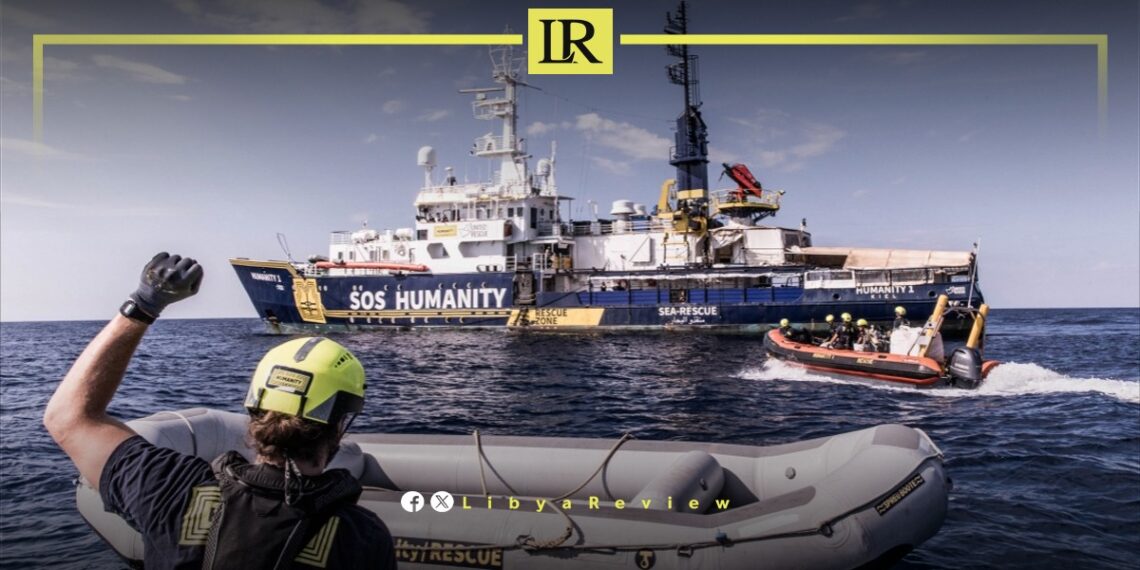An Italian civil court has ruled that the detention of a refugee rescue ship that arrived from Libya earlier this year was unlawful, according to Morning Star Online newspaper.
In March, the activist-run Humanity 1 rescue ship saved 77 people in international waters. During this rescue, four Libyan coastguard officers, some armed, arrived in a patrol ship provided by the EU and the Italian government. They fired shots into the sea, causing panic and leading to at least one person drowning.
After disembarking the survivors in Crotone, southern Italy, on March 4, Italian authorities detained the ship. The crew had refused to cooperate with the Libyans, which led to the detention. The ship’s operators, SOS Humanity, quickly challenged this action legally. On March 18, a civil judge in Crotone ruled that the detention was unlawful and released Humanity 1.
On Wednesday, the judge issued a final judgement confirming the earlier ruling. Cristina Laura Cecchini, a lawyer for SOS Humanity, stated that the Crotone decision addresses long-standing issues.
She highlighted the continuous criminalisation of non-governmental search-and-rescue operations and the manipulation of facts. The judgement affirmed that the Libyan authorities are not conducting proper search-and-rescue missions. Instead, they are violating refugee rights by not taking them to safe places, as required by international law, but returning them to Libya.
Cecchini criticised the Italian government for criminalising rescue operations and contributing to illegal pushbacks through its coordination with Libya. She expressed hope that the judgement would end the manipulation and illegitimate cooperation between Italy and Libya, and more recently, Tunisia.
Notably, Italian Interior Minister Matteo Piantedosi has acknowledged Libya’s support in Italy’s efforts to combat illegal migration.
He highlighted a reduction in the number of illegal migrants arriving in Italy by sea, attributing this to a decrease in departures from Libya.
Piantedosi stated, “Reducing illegal departures also means reducing the risk of tragedies. Combating human trafficking, in any form, primarily serves to save lives.” The minister discussed the cooperation between Libya, Tunisia, and Italy in tackling migration.
He said, “We are enhancing cooperation in several areas, from preventing departures on land to rescue and recovery operations at sea. The most significant aspect is a complex programme for supported voluntary repatriation implemented by Libya and Tunisia. This programme offers migrants alternative resettlement opportunities in their home countries, in collaboration with us and international humanitarian organisations.”
Piantedosi emphasised that this cooperation is developing within approved and often funded joint programmes.
He stressed the importance of maintaining high levels of vigilance and the need to promote a culture of dignity within the European Union.


